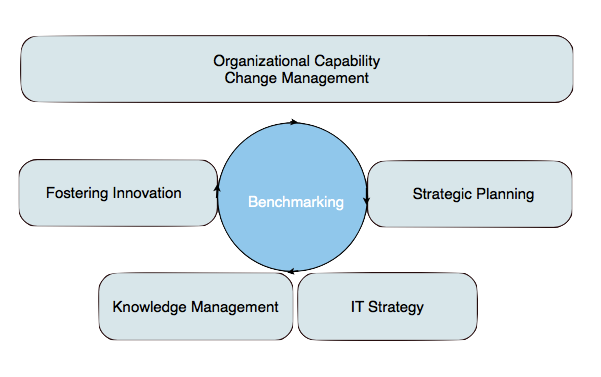 The Potential of Big Data
The Potential of Big Data
There is all this big talk about Big Data and how it will potentially provide targeted intelligence for the Healthcare industry to reduce risk and uncover new opportunities. I’d like to invite you to Google/Bing “Big Data”, and you’ll be certain to find overwhelming discussions about the topic. Most discussions seem to share a common theme amongst them, that is, how to synthesize pertinent information from the overwhelming flood of data and interpret it into actionable recommendations. Equally notable is the good sense of collaboration that reigns over industry players to fulfill the overarching goals and mission. The rhetoric however comes across as shortsighted since the various points of view tend to be more ad-hoc solutions rather than strategic plans that could potentially ensure comprehensive use of informatics and create a competitive advantage.
Healthcare industry has fundamental structural barriers that stem from independently exuded efforts to provide healthcare. Because of the new industry transformation, there is an increasing need for data-driven change in organizational development, IT systems, and processes to achieve excellence in patient care, cost synergies, and innovation. The change will be a laboring process to overcome the deep dissonance of interests or values that permeates across the entire industry, verticals, departments, and functions.
Big Data undeniably provides a host of yet to be determined new opportunities to assess, diagnose, and treat different streams in the healthcare supply chain. This fact could potentially help achieve a perfect balance between healthcare quality and controlled costs. However, to attain the maximum benefit from Big Data, Healthcare organizations must take a holistic approach to align all of stakeholders’ interests. Herein we leverage Healthcare Informatics to create a competitive advantage through strategic outlook on IT Strategy, Change Management, Innovation, Strategic Planning, Knowledge Management and Benchmarking.
Healthcare Informatics – Strategic Outlook

Organizational Capability
The best of strategists will surely attest to the fact that without the right talent, the best of strategic plans remains just that, plans. Talent in many cases is mistakenly regarded as a rigid mix of experience, certifications, and unfortunately buzz words in resumes. This is more of a recipe for staff augmentation rather than actual talent acquisition. Healthcare organizations are in critical need of a proper mix of talent to fit the new set of strategic challenges in the industry. Execution is as equally important as strategy.
Another organizational capability challenge lies in the peculiar and noble nature of Healthcare industry’s mission to balance between healthcare quality and efficient operational cost, which calls for alignment across all lines of business. Starting at the top, leaders must ensure vision and values are enacted all throughout the organization, the right behaviors are enabled through systemic enforcement of well-defined role competencies and consequences, teams and organization are properly structured, and most importantly leadership development is being sustained.
Change and transformation management, on both organizational and project-based levels, is the fertile ground that allows for all new initiatives to flourish. To OCM or Organization Development experts, the distinction in change management needs per level is very clear. The tools, methodologies, and communication are different based on scope and impact. Healthcare leadership and management should assess their own organizational change effectiveness to determine proper OCM needs and tools. Although, in-house change management play-books, or other tools such as Kotter or ADKAR are all effective if integrated into project work plans and scope.
Healthcare informatics is the process of collecting, analyzing, synthesizing, delivering pertinent information, and deriving actionable conclusions. This process remains in the hands of healthcare talent, or organizational capability, to collaborate, ensure data integrity, interpretation, and act swiftly on findings.
 About the Author: Rob Zahri has 11 years of experience in several fortune-500 organizations providing influential business and IT strategic recommendations. His international MBA in business strategy and Master’s in Computer Science provided him with a unique point of view and framework to develop and align business and IT strategic objectives in Healthcare industry. Follow him on Twitter @twaregg. This article was originally published on OceanLab Consulting.
About the Author: Rob Zahri has 11 years of experience in several fortune-500 organizations providing influential business and IT strategic recommendations. His international MBA in business strategy and Master’s in Computer Science provided him with a unique point of view and framework to develop and align business and IT strategic objectives in Healthcare industry. Follow him on Twitter @twaregg. This article was originally published on OceanLab Consulting.
